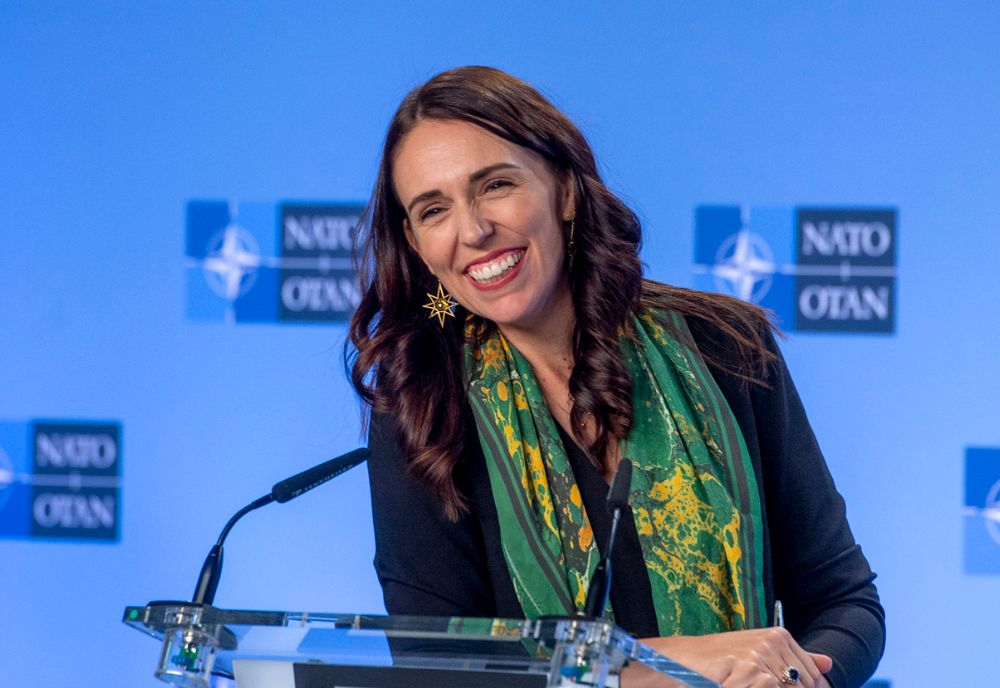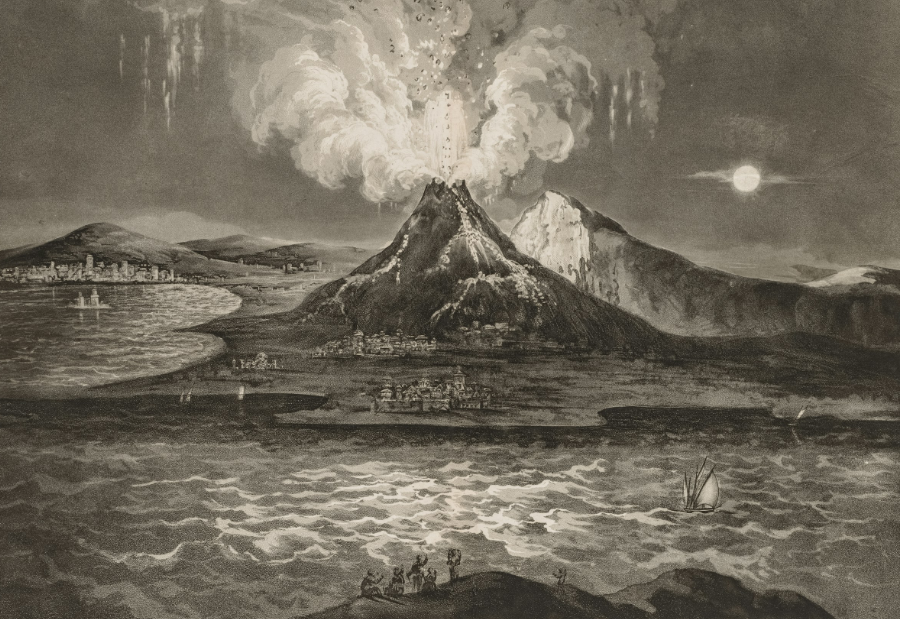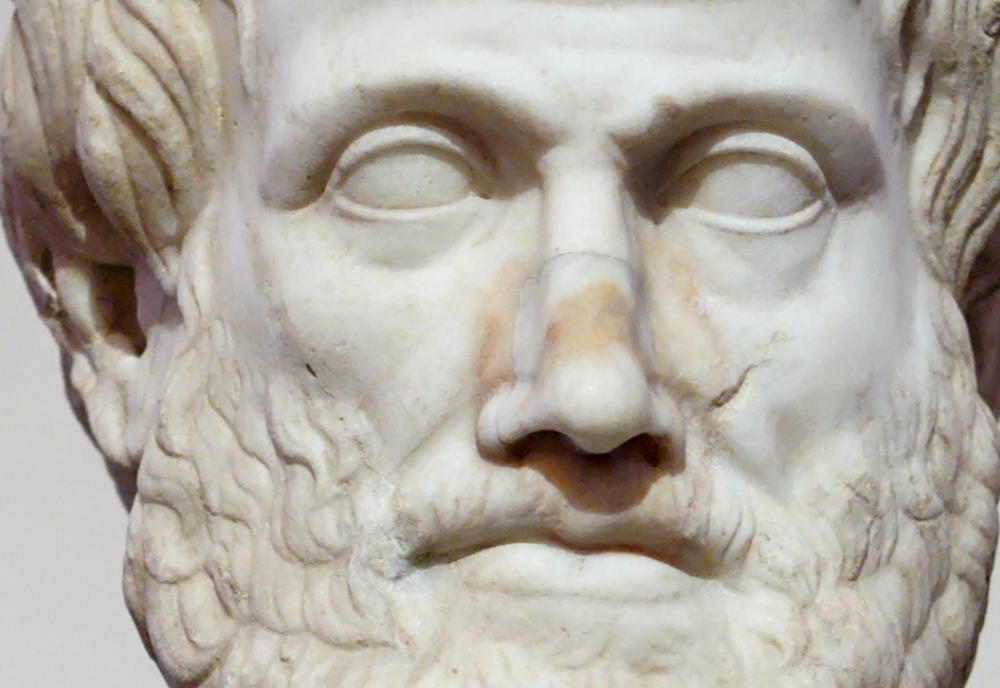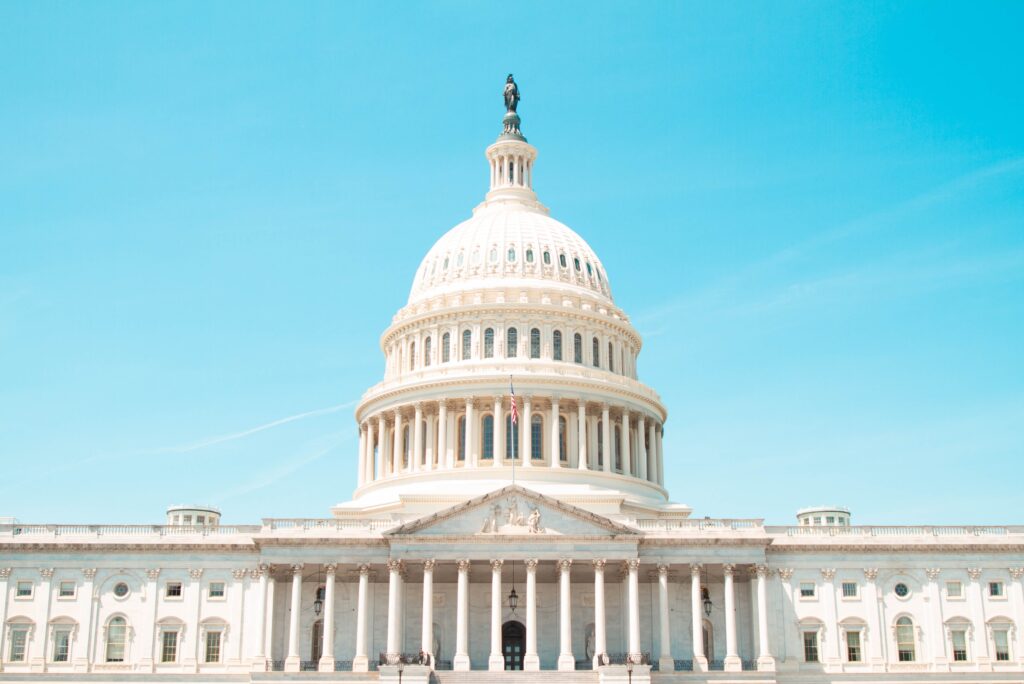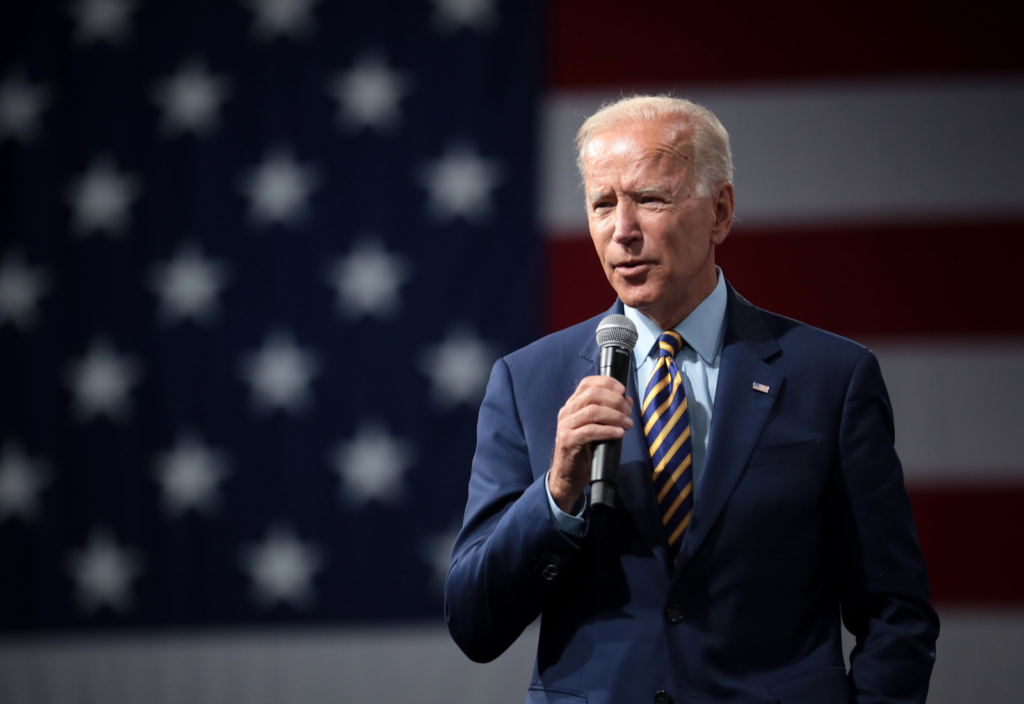Word has spread. After five and a half years as Prime Minister of New Zealand, Jacinda Ardern is stepping down by 7 February.
She has won respect during her time in office for her qualities of character and engaging personality. She has, of course, had her critics but that goes with the territory. We should, as she departs from the position to settle into private life, celebrate her as the finest kind of leader democracies can produce.
How could we not reflect that she became Prime Minister at the age of just 37 and had a baby while in office? Yet she exhibited, from the start and right up to her announcement yesterday, a maturity of judgement and a degree of emotional intelligence that have been all too rare in Western heads of state in recent times – not least among the men.
It’s notorious that leaders seldom know when it’s time to go. They often have to be pushed, either by party colleagues reacting to opinion polls or by defeat in elections. That’s one of the main reasons we need a multi-party system, opinion polls and elections. Yet, here is a woman, still more popular with the public than her political rivals, who has declared that holding such high office carries with it the ‘responsibility’ to know when you should go. That’s impressive.
Her words on this point should be engraved in the minds of politicians elsewhere:
I’m leaving because with such a privileged role comes responsibility. The responsibility to know when you are the right person to lead and also when you are not. I know what this job takes. And I know that I no longer have enough in the tank to do it justice. It’s that simple.
If only leaders in general found such decisions that simple.
Is she stepping down because of pressure from colleagues or the slide of her party in the opinion polls from its commanding position in 2020, when she led it to a landslide victory? Any such judgement would be misleading. We can take her at her word not only because she has a well-earned reputation for integrity but because, if she had the energy to go on, there is every reason to believe she could win the next election scheduled for 14 October.
Currently, nine months out, her Labour Party trails the opposition National Party by five percentage points in the opinion polls – 33 to 38 per cent. A year ago it led with 41 per cent approval.
Has her energy been sapped by that decline in approval ratings or by the relentless challenges she has faced due to global and domestic events to which she could only adapt, but could not shape? The evidence strongly suggests it was the latter. She could have campaigned. She could perhaps have closed the gap. She is choosing to give her party and her country the opportunity to make a fresh start.
Let’s remember the challenges she has encountered in office: the tension with China, as New Zealand’s main economic partner, and security alliances with us and the Americans; a horrifying, live-streamed terrorist attack on Muslims at prayer; a volcanic eruption; the outbreak of COVID and the handling of the issues that it raised; the economic fall-out from COVID lockdowns and the central bank policies of the metropolitan states, which, along with the war in Ukraine, have triggered inflation around the world; and the judgement by her own central bank that quelling inflation requires aggressive raising of interest rates to damp down economic activity to the point of recession.
Short of war, such a set of challenges would have taxed the energies of a hardened veteran. Her responses to all of them have been deliberative and communicative. She has, at the same time, attempted to maintain a visionary agenda focused on anti-poverty, national minorities and education. Arguably, the impact of COVID has meant the public expenditure required for that agenda has been difficult to sustain. Certainly, that is where the opposition is now directing its fire.
The National Party’s Christopher Luxon has declared openly, while addressing both his welded-on constituents and the middle ground, that he would cut public expenditure, stop adding new taxes and do more to address labour shortages. Will he overrule the central bank and rein in interest rates? Is the looming recession one that New Zealand ‘has to have’, to echo the famous phrase Paul Keating used here 30 years ago? That remains to be seen.
The thing to hold front and centre is that this is a debate that New Zealand has to have. It is already having that debate in a civil tone. Luxon seeks to displace Labour from government, but he has praised and thanked Jacinda Ardern for her service to the country. How refreshing that is. How very civilised. How warranted it is, given her actual and genuine service, and her dignity in calling it a day.
If we need any reminding of why this is significant, we need only think of Alexei Navalny being poisoned and imprisoned by Vladimir Putin for no other reason than that he challenged his tyranny. Or of Hu Jintao being unceremoniously removed from the Great Hall of the People as the new boss of his own party – the Chinese Communist Party – was being made dictator for life.
Why do we, and why should we, cherish liberal democratic or social democratic politics? Because they can perform in this manner.
The current decade sees the Western democratic order under serious challenge, both from the neo-authoritarians, in Moscow, Beijing, Ankara and elsewhere, and from within, with both Trump-style irresponsible populism and destructive woke leftism sapping the institutional and civic culture of even the best and most long-established democracies. Fortunately, there are signs – notably in NATO’s response to Putin – that we will not cave.
Jacinda Ardern, in her rise and in office, in her dignity and in her departure, represents the best of the democratic order. Well done, Ms Ardern. Well done.
If you wish to republish this original article, please attribute to Rationale. Click here to find out more about republishing under Creative Commons.
Photo by NATO North Atlantic Treaty Organization on Flickr (CC)

